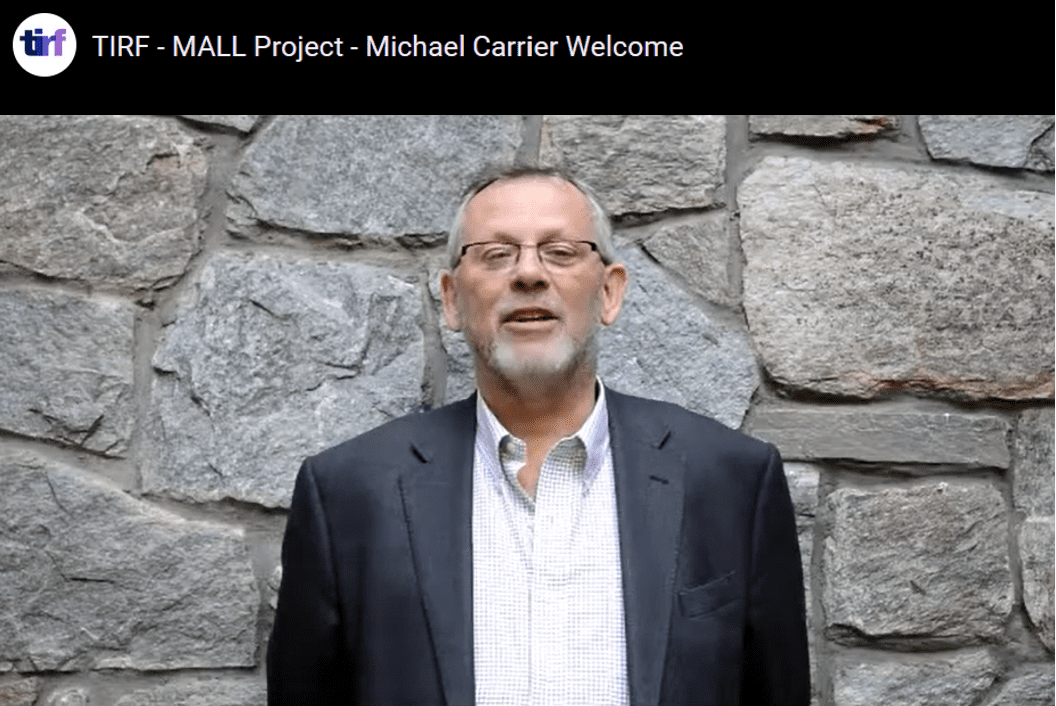
Some Emerging Principles for Mobile-assisted Language Learning
For the main paper, click here.
Glenn Stockwell, Professor, Waseda University
Philip Hubbard, Senior Lecturer and Director of English for Foreign Students, Stanford University Language Center
Executive Summary: The steadily increasing access to sophisticated but affordable portable technologies over the past several years has brought with it a body of research into using these technologies for learning in both formal and informal contexts. It is not surprising, then, that language teachers have also adopted mobile technologies into their individual teaching and learning contexts. This paper first examines recent studies from the mobile-assisted language learning (MALL) literature, exploring the issues that emerge from this body of research through a framework distinguishing physical, pedagogical, and psycho-social dimensions. Recognizing not only the contributions but also the limitations of existing MALL literature, it then identifies a number of findings from the closely allied fields of mobile learning (ML) and computer-assisted language learning (CALL) that can inform both research and practice in MALL. Drawing from all three sources (MALL, ML, and CALL), the paper proposes ten general principles to guide teachers, learners, administrators, employers, and other stakeholders in the challenge of effectively integrating mobile devices and tasks into language learning environments. The paper concludes with a case study showing how each of the principles described have been applied in an actual mobile language learning context.
 Discussion of this paper provided by: Tarana Patel, Founder & Educator, learnEd, India
Discussion of this paper provided by: Tarana Patel, Founder & Educator, learnEd, India
Read the discussion by clicking here.
Discussion of this paper provided by: Simone Smala, Professor, The University of Queensland, Brisbane, Australia
Read the discussion by clicking here.
Terms of Use and Disclaimer: TIRF is providing this information as a service to our constituents, and no endorsement by TIRF of the ideas presented in this paper is intended or implied. The information is made available free of charge and may be shared, with proper attribution. However, the papers may not be reprinted without express written permission from TIRF.

